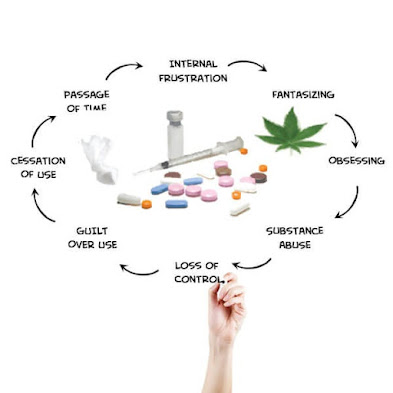Elevate Your Kitchen: The Art of Custom Kitchen Cabinets
.jpg)
Introduction: The kitchen is the heart of every home, and custom kitchen cabinets are its soul. More than just storage solutions, custom cabinets are an expression of personal style, functionality, and craftsmanship. In today's world, where individuality and uniqueness are highly valued, custom kitchen cabinets stand out as an essential element in creating a space that reflects your personality and meets your specific needs. Craftsmanship and Quality: One of the most significant advantages of opting for custom kitchen cabinets is the superior craftsmanship and quality they offer. Unlike stock cabinets that are mass-produced in predetermined sizes and styles, custom cabinets are handcrafted to your exact specifications by skilled artisans. This ensures that every detail, from the choice of materials to the finishing touches, is meticulously executed to perfection. With custom cabinets, you can select high-quality materials such as hardwoods, exotic veneers, or eco-friendly opti...


